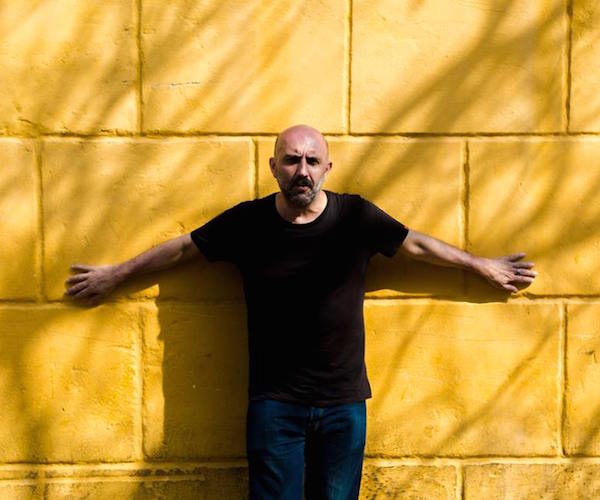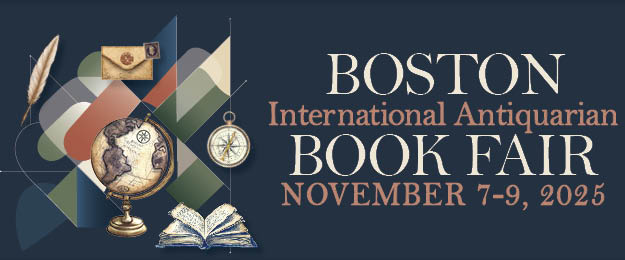Fuse Film Review: The Cartagena International Film Festival 2016
It’s easy to understand the lure of this historic walled city on the Caribbean, for several centuries the headquarters of the Spanish Inquisition in the New World.

Gaspar Noè, the bad boy of Gallic cinema, at this year’s Cartagena International Film Festival. Photo: Le Temps Detruit Tout – Gaspar Noé.
By Gerald Peary
Before being invited to Colombia to represent The Arts Fuse on a 2016 critics jury, I had little knowledge of the excellent, superbly curated Cartagena International Film Festival. To my surprise, this was its 56th year. The prestigious film guests, American actress Susan Sarandon and French director, Gaspar Noé, were in a long line of estimable filmmaking talent going back to the 1970s, when Werner Herzog and Rainer Werner Fassbinder arrived at the Fest from West Germany.
It’s easy to understand the lure of this historic walled city on the Caribbean, for several centuries the headquarters of the Spanish Inquisition in the New World. It’s now a tourist destination for both staid middle-aged couples and youthful backpackers ambling through South America. Gabriel Garcia Márquez set several of his novels in Cartagena, and the Hollywood movie, Romancing the Stone, was filmed here. Most exciting to me, the great Italian filmmaker of The Battle of Algiers, Gillo Pontecorvo, came here to shoot Burn!/Queimada, his second political masterpiece. He brought in Marlon Brando as a British Mercenary for his Marxist saga of a faltered black revolution in 19th century Haiti.
A self-employed tour guide named Henry strutted over to my party in the streets of Caretagena. In English, he attacked George W., he maligned the conservative Colombian president, then pointed us the way to the now-crumbling house where Brando stayed for the Burn! shoot. There’s a faded sign on the side of the building affirming that Marlon bedded down here during the famously chaotic, unhappy c.1968 filming. In the 1980s, I interviewed Pontecorvo for the Los Angeles Times. He asked me to inform Brando in my article that all was forgiven, that he’d like to work again with his difficult, difficult star. Alas, that never happened.
I and another juror, a French film critic, wandered away from the main Festival to a Havana-like progressive school, where, in rooms off a central courtyard, poor children learned dance and art. Uniformed guards unlocked for us a hidden gallery space, and chairs were brought in for me and my companion. We were there to see a tryptych of video projections by a current-day German conceptual artist. The artist had uncovered lost footage of a daring gay film made in Cartagena in the 1970s, seemingly in the shadows of the Fest. In this Catholic conservative country, somehow this frisky amateur movie wiggled through: a Warholian mélange of amateur poseurs striking Visconti-like sensual poses. Not great art, but certainly anarchic and courageous.
Back at the Fest, Gaspar Noè, the bad boy of Gallic cinema, appeared for a retrospective of his sexually charged, semi-porno artsy films, including Enter the Void and Irreversible. And what fun to have a game Sarandon attend a gala screening of The Rocky Horror Picture Show, in which she starred as straight-laced, hysteric Janet. Additionally, the 2016 Festival offered a wide spectrum of current Latin American cinema, both documentary and features, and a sci-fi sidebar, Days of Fear and Wonder, mixing genre classics such as A Clockwork Orange and Blade Runner with kitsch delights Flash Gordon and X: the Unknown.
My three-person jury was charged with picking the Best Film out of ten narrative selections from Spanish and Portugese-speaking countries. We suffered through slower-than-molasses PC features from Colombia and Paraguay, in which the impoverished characters could take three minutes chewing food, two minutes for a mute expression of pain. “This is all a lie,” said my fellow juror, an astute film critic from Mexico. “In Latin American, everyone talks and is expressive, even if they are totally poor.” We were also depressed a bit by films from Colombia and Mexico about youth, in which their punk lifestyles came to nothing beyond aping American behavior: skateboards, tattoos, nose rings, graffiti. Worst was Brazil’s Kill Me Please, an off-putting teen rape fantasy directed by a Brazilian woman. Instead of skateboarding, her creepy heroine dreams of being bloodied and sexually defiled. God!
Some films in our Competition rose above the rest. The Academy of the Muses from Spain is an amusing intellectual comedy about a charismatic professor at the University of Barcelona who becomes romantically enmeshed with his students. Woody Allen would love it! The Movement is a lunatic Argentine period piece about a demented, self-appointed revolutionary leader, a guy as weird as the lunatic protagonist of Werner Herzog’s Aguirre: the Wrath of God.
Our winning film, Much Ado About Nothing, is also about youth, but spoiled, rich ones in today’s Chile. What begins as a superficial, trivial adolescent comedy romance morphs into a cynical, troubling political thriller with a left-wing POV. For the first half of the movie, we watch college-age Vicente, floppy-haired and handsome, flit party to party, flirting and picking up available girls, getting himself happily drunk. It’s all a lark and probably his whole life. He has no aspirations beyond being an amiable party animal. But Vicente becomes framed in a criminal suit when his filthy-rich companions run over and kill a man. They claim he was the driver, though he was actually dead drunk in the back seat.
“I don’t care at all about Vicente,” one of my jurors argued against giving Much Ado our prize. “He’s just as spoiled and privileged and empty as the others who frame him.” Exactly! For filmmaker Alejandro Almendras, there are no heroes among Chile’s super-rich. Pinochet might be dead, the junta over. But in Chile as everywhere in Latin America, the rich and well-connected still control all with a steel hand.
Gerald Peary is a professor at Suffolk University, Boston, curator of the Boston University Cinematheque, and the general editor of the “Conversations with Filmmakers” series from the University Press of Mississippi. A critic for the late Boston Phoenix, he is the author of nine books on cinema, writer-director of the documentaries For the Love of Movies: the Story of American Film Criticism and Archie’s Betty, and a featured actor in the 2013 independent narrative Computer Chess.
Tagged: Cartagena International Film Festival 2016, Gaspar Noè, Much Ado About Nothing

